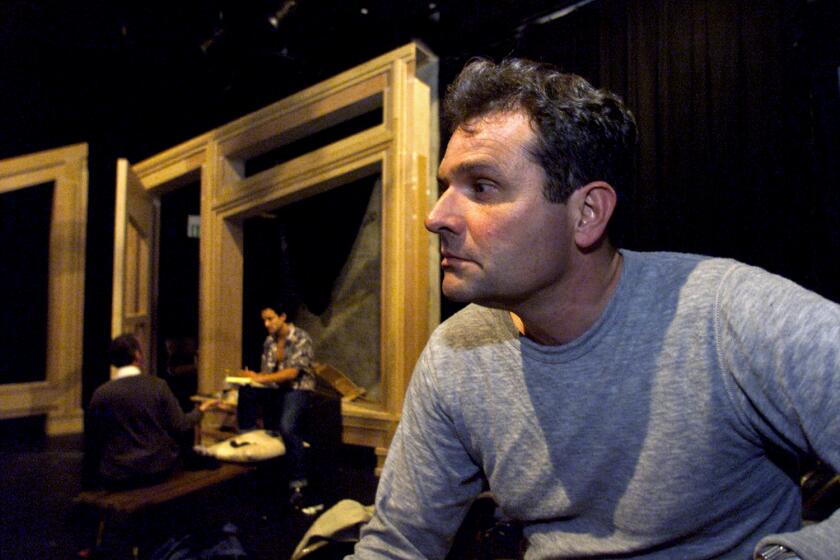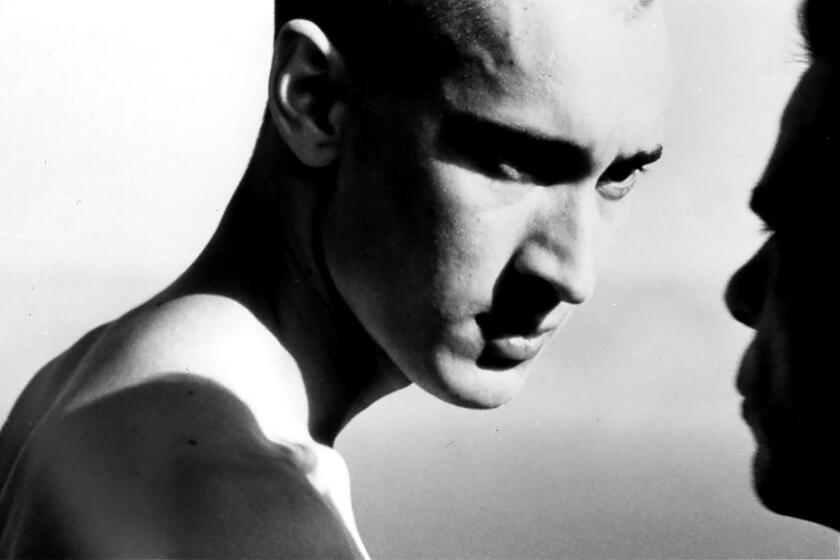Page to Screen: Claire Denis on how she adapted the late Denis Johnson’s ‘Stars at Noon’
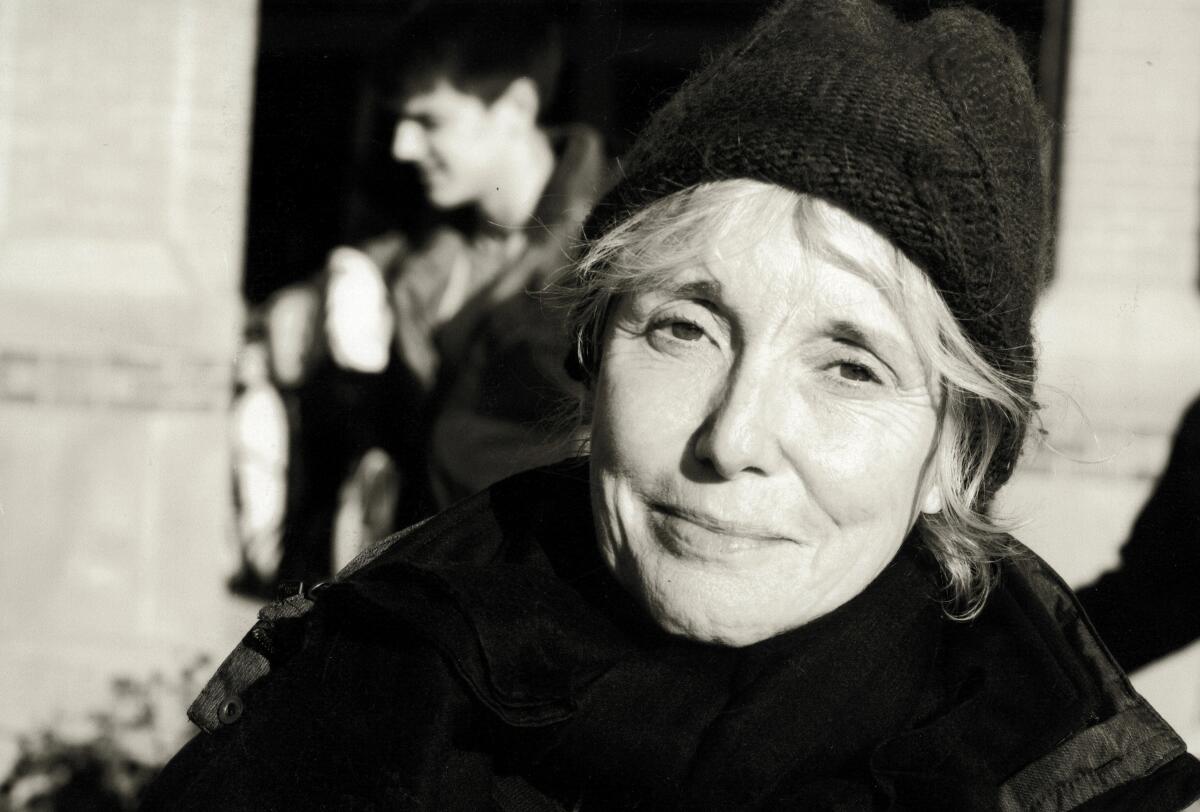
- Share via
“Write in blood,” Denis Johnson commanded. Never one for moderation, the late author is best known for “Jesus’ Son,” his 1992 story collection about a junkie named F—head. Later books were Pulitzer Prize finalists, one a National Book Award winner. Yet it was Johnson’s 1986 novel, “The Stars at Noon,” that seized the singular Claire Denis. The director’s adaptation, which took this year’s Cannes Grand Prix, is available Friday in theaters and on VOD. In conversation, Denis’ insights and memories shed light on both the text and the early career of a literary legend.
Denis’ cinematic triumphs have included tender family portraits, kinky horror tales and sophisticated relationship studies. But perhaps her most celebrated have examined colonial and postcolonial interlopers in Africa (she grew up in various parts of the continent). It’s the setting of her classics “Chocolat,” “White Material” and “Beau Travail” — the last a version of Herman Melville’s novel “Billy Budd, Sailor” set in Djibouti with Foreign Legionnaires. In the story, an envious officer sets a trap for a popular enlisted man, triggering tragedy.
Denis’ contrasting treatments of Johnson’s work and Melville’s reflect her dynamic approach to adaptation. They also demonstrate the vision, both panoramic and penetrating, that’s made her a towering global film figure over the last 40 years.
The circumstances of Denis’ African films aren’t wholly unlike those of “The Stars at Noon.” Johnson’s story tracks two white foreigners in 1984 Nicaragua, where U.S.-funded “Contra” counterrevolutionaries waged war on the socialist government. Johnson’s nameless narrator (“Trish” in the film, played by Margaret Qualley) arrives in the country as a human rights observer but quickly forsakes her post, selling her dollars to Contras. Loaded with black-market currency, she can’t leave and proposes to work as a journalist. No one wants what she’s selling, unless it’s herself — and that’s where we meet her.
Denis Johnson ought to have had a free pass. Denis Johnson ought to have been exempt.
Trying our sympathy, Johnson’s heroine is the quintessential Ugly American: Entitled and incurious, she insults her hosts at every turn. She takes up with a man she calls only “the Englishman” (“Daniel” in the film, played by Joe Alwyn), whose own self-made predicament propels them from Managua to the southern border. When she’s sold more than her body, she learns that hell isn’t Nicaragua: It’s oneself.
The Times’ interview with Denis, edited for clarity and length, contains mild spoilers for “Stars at Noon” and bigger spoilers for “Beau Travail” and “Billy Budd, Sailor.”
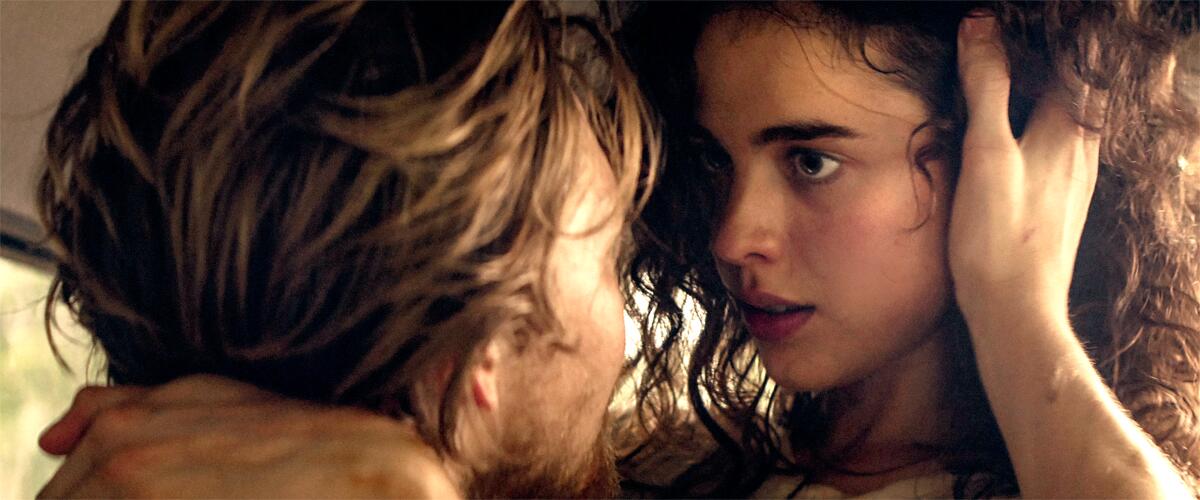
I know you read “Jesus’ Son,” then read this book and reached out to Johnson in the aughts. Did you already want to adapt it then? Did you discuss it with him?
I was in L.A. and went to Sunset Boulevard near my hotel and this beautiful bookseller. I bought a few of his novels, also some poetry. Then I read “The Stars at Noon.” I have to say, I was deeply touched. It was told in the first person, the first person being a woman in dire straits. I wrote to the publisher, who sent the address of his agent. I told his agent I would be very happy if I could meet Denis. I received a phone message: Denis and his wife were traveling to Holland for a festival, and he suggested we meet there. And that’s how I met him; we listened to music together and had dinner. It was a beautiful concert of rock music, and we got along well.
He told me about “The Stars at Noon,” and how it was not a good memory for him because it was a very personal story. When he was young, he went to Managua during the civil war there because he dearly wanted to be a journalist. And he was completely broke because every time he tried to sell an article in the U.S., he had a refusal. He told me, “It was my experience, going from hotel to small motel and to horrible motels in the end.” He was going into hotels where journalists were meeting and drinking cocktails, and he felt completely apart. He was that young woman in the novel.
He decided to put together everything he wrote there, and it came out to be “The Stars at Noon.” It was the result of his dreadful experience — not the war. The dreadful thing was he found out he could not be a journalist.
Denis Johnson, the beloved, award-winning author best known for his seminal collection “Jesus’ Son” died Wednesday at age 67.
He told me also, “Please don’t ask me to participate in the adaptation if you want to make a film. Because when this novel was published, I received an offer from HBO. They asked if I wanted to write the script myself, and I did. But the experience was much too painful because I was told, ‘No, you should change this,’ or ‘Maybe you should change that.’” I said, “OK. The only thing I may have to ask you is, if I try to locate the story in the south of Nigeria, where there is an oil industry” — because this industry has created a lot of trouble — “do you think you would agree on that?” He said, “Of course, do what you want. It’s a good idea.”
Later, I was working on another project in Germany, “High Life.” Then Denis Johnson died. His wife called; I was on set. I was sad and said, “I cannot wait; I have to do it.”
Closing the film on a portrait of him was a lovely tribute. Tell me about adapting his book. You wound up using the original setting of Nicaragua after all — but Nicaragua in the present day.
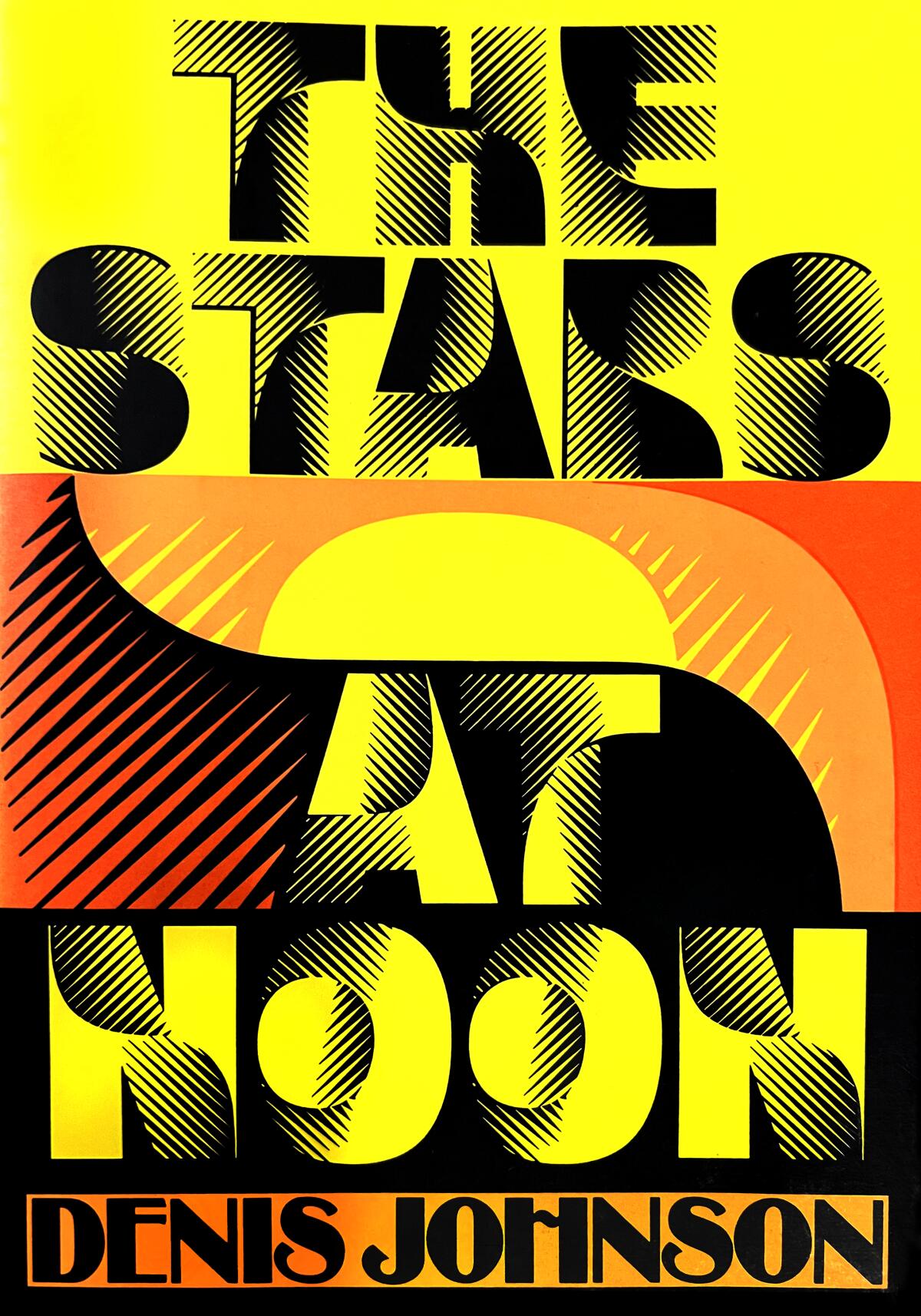
Before COVID, I visited Nicaragua and went everywhere Denis was. I tried to adapt the script to be as true as I could to the novel — except for telling the novel in the first person, in this unique style of Denis Johnson. It’s Romanesque, melancholy and brutal, cruel sometimes. I felt: If I do it in the first person, it may be too brutal. And maybe it would mean voice-over, and kill a bit of the actress’ interpretation. So, I rewrote the script as third-person.
I thought, how could I describe this Englishman she’s with the first night? She said, “It’s like making love with a cloud.” It was very mysterious to me. I wanted to find by myself — and not ask Denis Johnson, even when he was alive — if it was because he was so uninteresting, he was a mist. But in the process of writing the script, I started liking the Englishman. I thought, maybe [her] rudeness is because she’s afraid to fall in love. Immediately she feels attracted to him, and maybe that’s why she’s brutal.
The span of time in the novel was longer, a month or two before they leave. I had to make it faster: another night and they run away. I made the urge to leave quicker. Then came another dimension: I had to choose if I keep to ’84, the period of the civil war. In Managua, I [noticed] the scars of this heroic revolution — the people against the dictator. It was impossible, even if I had a bigger budget, to have bombs and tanks in the streets. It was too close to their history. I had to readapt the script to Nicaragua today.
Then I couldn’t shoot in Nicaragua because of COVID, so I had to find Nicaragua in Panama. Managua is a special place, with a big lake and three volcanoes on the edge. I had to reduce the landscape to a more abstract place, like hotel, motel. And the last level I had to adapt [to] was COVID and masks. Because Panama had heavy protection of their people, the sanitary policy was very strong, I decided to have that in the film.
In the book’s final chapter, the narrator continues to work as a prostitute from a bar in Costa Rica. She can afford to leave, but she’s plagued by guilt. After the film ends, do you see Trish doing the same?
I had found a nice place by the sea for the last part of the novel; I knew who was going to be the barman. And in the script was also the blue crab [from the novel] — this last chapter of her alone, feeling ashamed and sad.
Suddenly, I decided I didn’t want to shoot that chapter, though probably she’ll end up the same. I love the last part of the novel, but in the film it would be like starting again at the beginning. The film space is something and reading space is slightly different.
My favorite scene in my favorite Claire Denis movie, “35 Shots of Rum” (2008), unfolds at a Paris restaurant where a few locals have taken shelter from the rain.
You know, I like Denis Johnson’s style. The words can be slightly old-fashioned, but it’s a sort of cruel humor, like when the Englishman talks about his wife. When he says, “I’m used to doing adultery.” Or [Trish] says, “Do you dance like that with your wife?” and he says, “Yes, of course, all the time.” It’s ironical; it’s like telling her, “You’re just a whore.” This is my interpretation.
I asked A24 to send the film to Denis’ wife. I wanted her to watch. It was good for me, not to lose the spirit of Denis. There was no way to think, “I am going to adapt this novel and make it my own.” I tried to stay close to Denis as I could. His wife thought it was close enough.
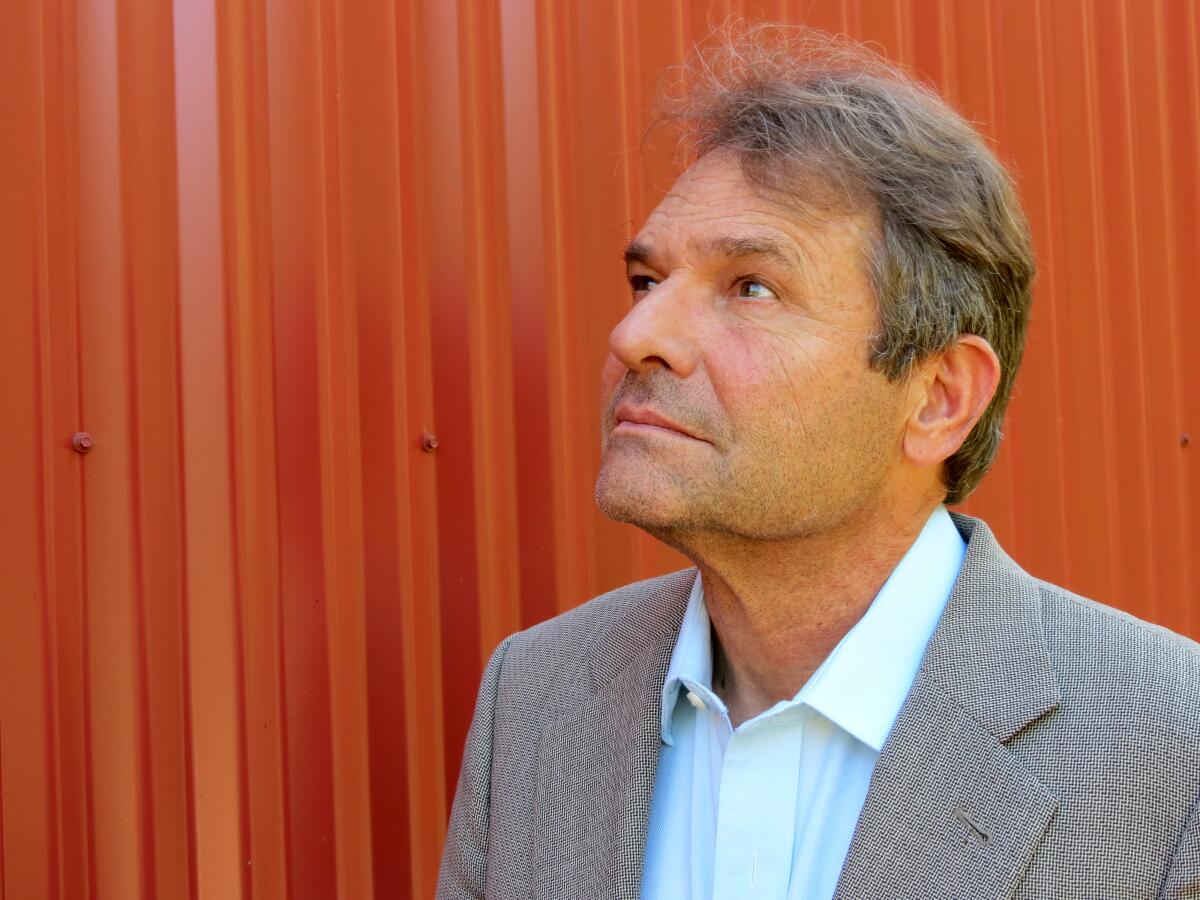
Adapting “Beau Travail” must have been a very different experience.
In “Beau Travail,” I was not trying to be as true to the novel, although I like it. The novel came in my mind when I thought about the Foreign Legion in Djibouti, those men together. I was trying to describe the spirit. Suddenly it reminded me of a warship with sailors. That’s when I opened myself to Melville’s novel, after being in Djibouti a few times. It was not possible to really visit the Legion there; I guess it’s kind of secret. But I realized it’s a man’s world, and that’s when I thought I could connect with Melville’s novel.
One thing from the novel I filmed absolutely is the opening Melville wrote, speaking as himself: “I remember in Liverpool, watching sailors, carrying in their arms a young Black sailor wearing a red scarf, in a glorious procession.” This scene is in the film exactly.
It’s so memorable. Later in the book, after Billy strikes the master-at-arms, the captain deliberates before court-martialing and hanging Billy. In “Beau Travail,” you replaced that process with a plot involving a broken compass. It’s a mesmerizing sequence. How did you come up with it?
I thought, there is no hanging in the little compound in the desert. And as I was doing my secret investigation in Djibouti, I knew there was a sort of rumor: If a soldier had very bad conduct, he would be sent into the desert with a broken compass. I never knew if it was true. All these things I was told as secrets, in bars at night.
But [while we were shooting] when real caravan men arrived with their camels on the salt desert — and found the actor seeming almost dead — the caravan master immediately put his hand on the actor’s heart. Of course, he was not speaking French nor English; he was an Afar, and I had a translator to help. And he said, “Sometimes I find a dying soldier in the desert.” So even inventing was not enough.
In Screen Gab No. 42, Justin Chang draws up a Claire Denis syllabus, Dan Bucatinsky confesses his Meryl Streep obsession and much more.
Why did you choose to let Sentain, the Billy character, survive?
In the process of writing, me and my co-writer thought probably it was better. Maybe he would be fired from the Legion, or run away. Those things happen. I thought, “The one condemned to death is the master-at-arms because he has lost everything, his reason to live.” And Melville’s novel was never really finished, so I thought, “Maybe let me finish it my way.”
Johnson’s work has appeared in the Guardian, the New York Times, Los Angeles Review of Books, the Believer and elsewhere. She lives in Los Angeles.
More to Read
Sign up for our Book Club newsletter
Get the latest news, events and more from the Los Angeles Times Book Club, and help us get L.A. reading and talking.
You may occasionally receive promotional content from the Los Angeles Times.
